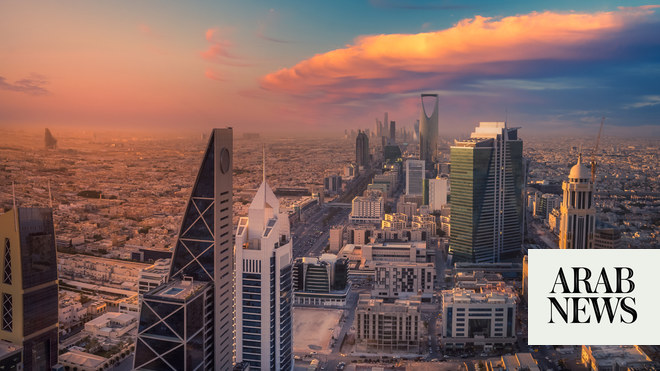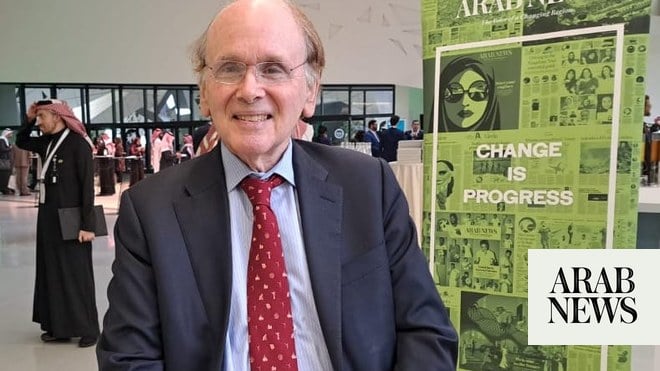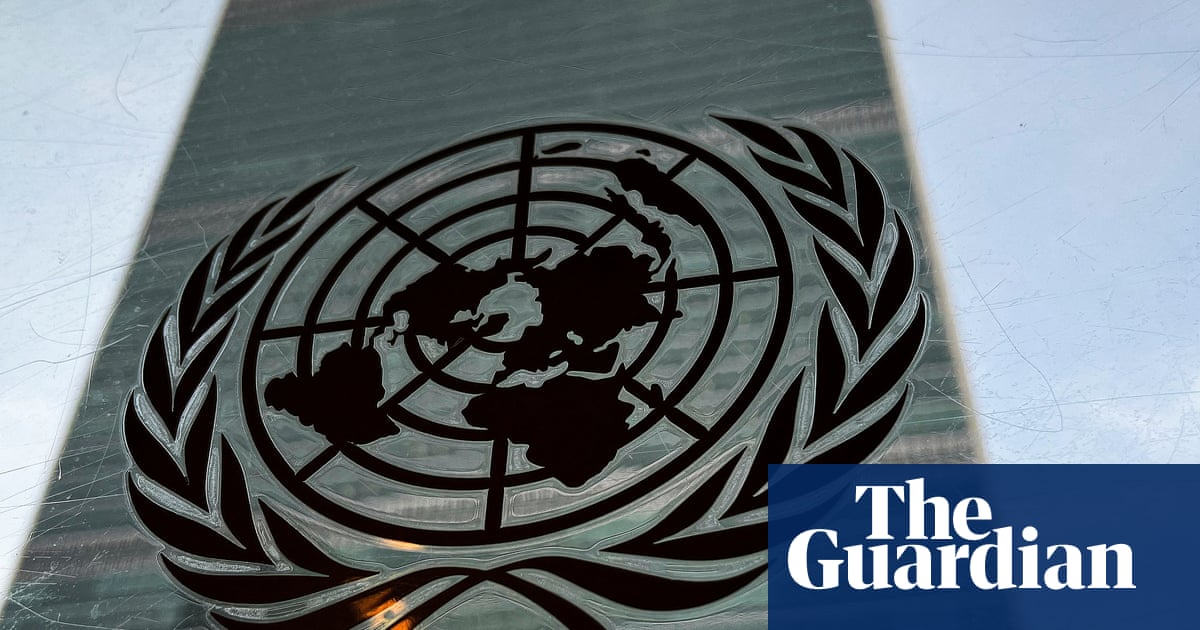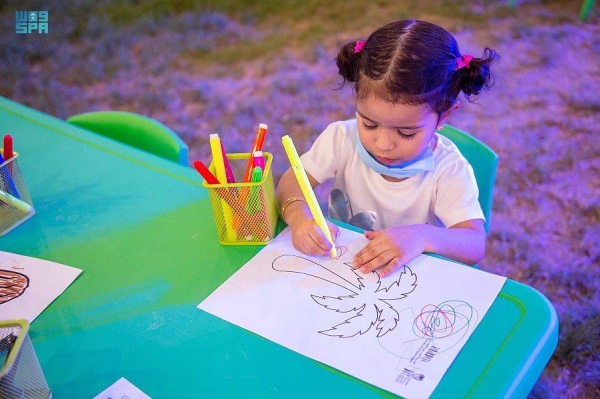
RIYADH: Saudi Arabia is planning to relax its property ownership laws for foreigners as the Kingdom eyes attracting investments into the real estate sector as part of its strategy to diversify its economy.
The new law that will allow foreigners to buy all kinds of real estate properties is “in its final stages and will be made public in a short period,” revealed the Kingdom’s Real Estate General Authority chief Abdullah Alhammad.
This comes after Saudi Arabia issued a directive in 2021 allowing non-Saudis, legal residents of the country to buy single property with some conditions.
But the REGA CEO pointed out that the new law will be “broader and more comprehensive than the current law” for real estate ownership, as foreigners will be able to buy any kind of property including commercial, residential, and agricultural in accordance with the regulations.
The earlier law had prohibited foreigners from buying properties in holy cities, but Alhammad said, “the initial reading of the law shows that it allows foreigners to own property everywhere in the Kingdom, including Makkah and Madinah.”
He clarified that any concerns about the negative effects of foreign ownership of the property were monitored in advance while solutions were developed for all problems and unacceptable practices.
Saudi Arabia is looking to transform its real estate sector by bringing in new laws while making the sector attractive to foreign investors as the Kingdom eyes to improve the sector’s contribution to the national gross domestic product.
The Kingdom’s latest move can open up new investment destinations for expats and global investors looking for green pastures, away from traditional markets, including the UAE.
Amid rising urbanization, Saudi Arabia’s major cities including Riyadh and Jeddah have been chronically under-supplied – something that industry reports suggest is driving property prices high, making it unaffordable to many.
Saudi Arabia’s Real Estate General Authority acknowledged that real estate prices in Saudi Arabia are high on a supply-demand imbalance.
Expressing concern about the rising property prices, the REGF chief said high prices negatively impact the real estate sector.
He pointed out that the majority of people looking for real estate today lack the means to buy and the price of the property today is more than the purchasing power, making it challenging to find a suitable property.
“The investors were also affected by the high prices of the real estate,” noted Alhammad.
He explained that the landowners are unable to make easier transactions due to the high prices of the land. "When the landowner wants to sell, he reduces prices to be able to sell it.”
According to Alhammad, the real estate market is an open market subject to supply and demand.
The authority’s chief also noted that the initiative to impose taxes on white lands was taken in 2017.
White land is basically vacant land that is allocated for residential, or commercial residential use, and located within the urban boundary limits in the Kingdom.
In 2016, Saudi Arabia decided to capitalize on undeveloped land in urban areas, which makes up 30 percent of those areas. The government decided to impose a 2.5 percent tax, based on land value, on landowners who had purchased plots but left them undeveloped.
By way of imposing the White Land Tax, the government wants to increase the volume of plots available for development in urban areas.
REGA chief added that the Ministry of Municipal and Rural Affairs started working on plans to boost or raise the efficiency of fees by an additional 10 percent.












